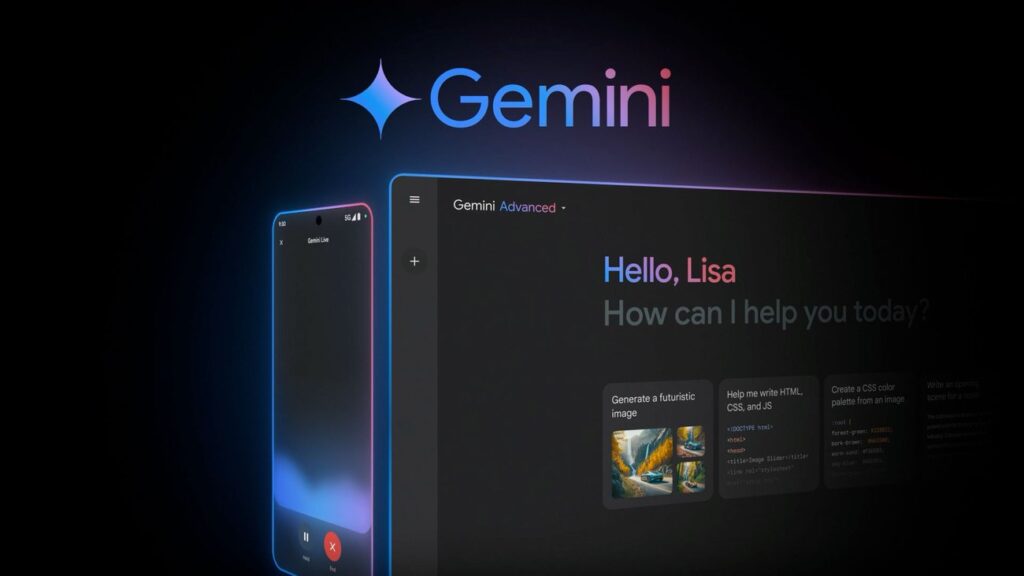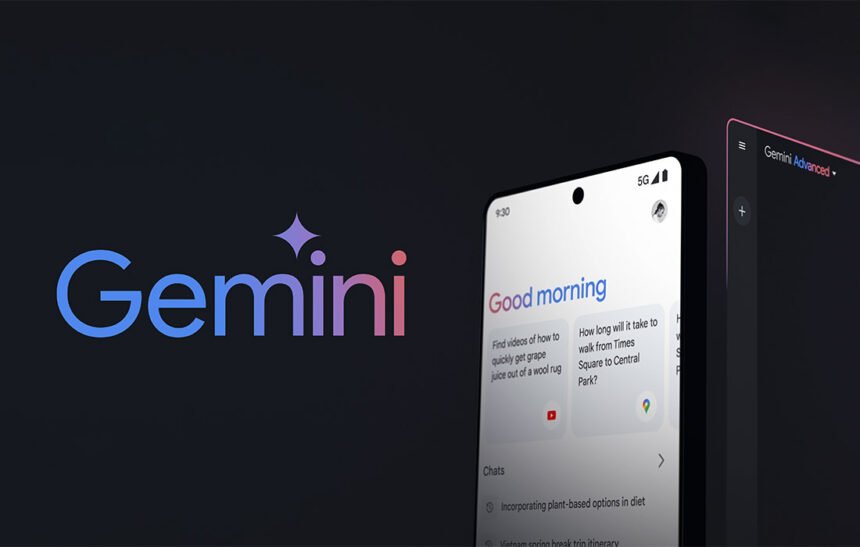In December 2023, Google introduced the first version of Gemini, and it looks like the company is gearing up to launch Gemini 2.0 a year later. According to a report from The Verge, Google aims to announce and “widely release” Gemini 2.0 in December.
However, today’s newsletter notes that the new model isn’t delivering the performance improvements that Demis Hassabis and his team had hoped for. Unfortunately, this seems to be a common trend among companies working on advanced AI models. As for specific features or functionality for Gemini 2.0, details remain scarce for now.
Last December, Google unveiled Gemini 1.0, offered the 1.0 Pro version through Bard (before the rename), and launched the Nano model for the Pixel 8 Pro. By February of this year, the 1.0 Ultra became available as part of Gemini Advanced.

Now, the upcoming model will follow the release of Gemini 1.5 in February, which featured an expanded context window. Subscribers at gemini.google.com are set to gain access to this new version in May.
When Google mentions a “widely release,” it seems like they might be aiming to offer the new model to both developers and end users at the same time. Meanwhile, we’re still eagerly awaiting the launch of Project Astra, which will add camera and vision capabilities to Gemini Live. It’s not yet clear how Google plans to juggle both announcements.
On the other hand, OpenAI might release its next flagship model in December, although the company denied a report from The Verge about it. That said, it looks like Orion will have a more limited rollout with partners first.
If everything goes according to plan, Google will establish a yearly release cycle for its major models, aligning them roughly with the May I/O developer conferences.









